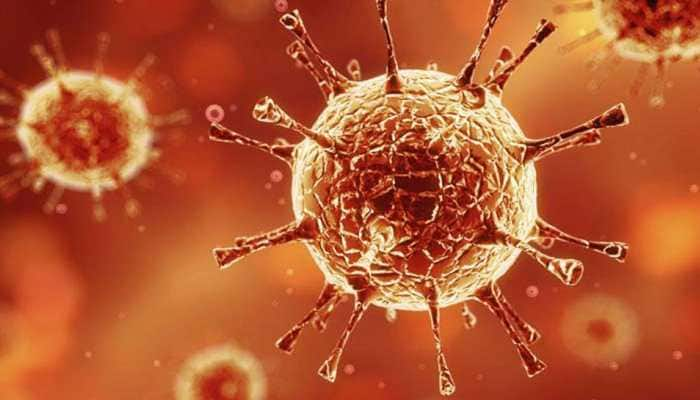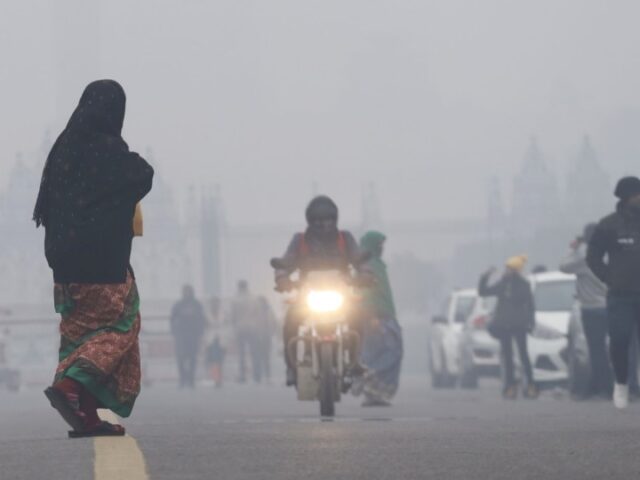New variant of Corona knocked in India, first case of XE and Kappa found in Mumbai

Corona has increased the tension again. One case each of new variant XE and Kappa of Corona have been found in Mumbai. This is the first case of XE variant in the country. A total of 376 samples were taken during genome sequencing, out of which 230 were from Mumbai. This was the 11th batch of genome sequencing trial. Out of 230, 228 samples are from Omicron, the remaining – 1 is of Kappa variant and 1 is of XE variant. At the same time, quoting sources, it has been learned that the Ministry of Health has refused to consider the variant found in Mumbai as XE variant. According to sources, the genomic experts of INSACOG have found that this variant does not match the genomic picture of the XE variant. Although the BMC clarified that it is the XE variant, the genome sequencing data has been sent to NIBMG for confirmation.
10% more lethal than the Ba.2 strain
A new mutant variant XE of Corona can be about 10 percent more infectious than Omicron’s subvariant BA.2. The World Health Organization (WHO) has worried about this. XE is a recombinant strain of two sublineages BA.1 and BA.2 of Omicron. The WHO has said that until a significant change in its transmission rate and disease behavior is seen, it will be seen by linking it to the Omicron variant.
XE strain first found in UK
The XE strain was first detected in the UK on 19 January and since then more than 600 XE cases have been confirmed. Britain’s Health Protection Agency (HSA) chief medical adviser Suzanne Hopkins says there is not yet enough evidence to draw conclusions about its infectivity, severity or the effectiveness of Kovid-19 vaccines against them.
WHO is also eyeing the XD variant
The WHO said in the report that it is continuously monitoring the dangers of recombinant variants like XE. Will update as soon as the evidence related to this comes to the fore. Apart from the XE, WHO is also eyeing another recombinant variant, the XD, which is a hybrid of Delta and Omicron. Most of its cases have been found in France, Denmark and Belgium.






